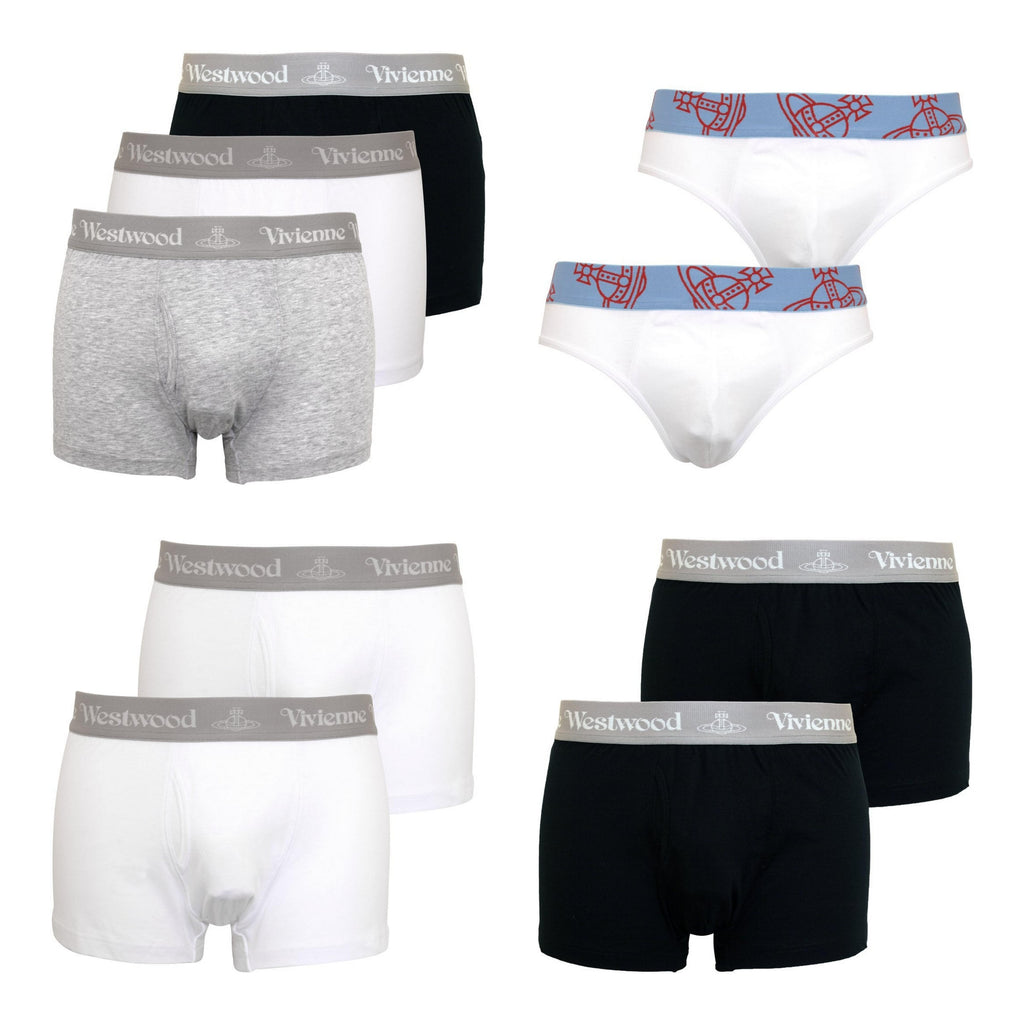We discovered Vivienne Westwood Underwear last year and decided we had to bring it onto the site ASAP. Westwood needs no introduction, her designs are almost a British Institution. Vivienne Westwood Underwear designs are unique in that each design encompasses the brand wholeheartedly. It's unusual to find such a high-end designer that has paid so much attention to each part of of the design process. From the fabric compositions to the non-roll waistband; each design is exactly what you would expect from such a notorious designer.
History of Vivienne Westwood Underwear and Vivienne Westwood
Westwood was the designer who often let her clothes speak for themselves; as independent designs and as her own statements of culture. This idea that she uses her clothing as a statement of her own is a motif consistent throughout her time as a designer. Although this is also a factor as to why she was ridiculed as a designer. It was such a strong proclamation to his and her designs that she remained this way within her collections.
Once she met Malcolm McLaren, it meant the end of Vivienne's marriage to Derek Westwood. Westwood and McLaren moved to a council flat in Clapham. While living there, they had a son together in 1967, Joseph. McLaren became manager of the punk band the Sex Pistols. Subsequently the two garnered attention as the band wore Westwood's and McLaren's designs.
McLaren and Westwood's first fashion collection to be shown to press and potential international buyers was Pirate. Subsequently, the partnership of McLaren and Westwood - which was underlined by the fact that both their names appeared on all labelling - showed collections in Paris and London.
She dubbed the period 1981-85 "New Romantic" and 1988–91 as "The Pagan Years" during which "Vivienne's heroes changed from punks and ragamuffins to 'Tatler' girls wearing clothes that parodied the upper class". From 1985 to 1987, Westwood took inspiration from the ballet Petrushka. Mini-length, bouffant silhouette inspired the puffball skirts widely presented by more established designers such as Christian Lacroix. On the gowns, Westwood commented: "Through my reworking of the traditional robe I tried to link the past, the present and the future. We are what we know.
















